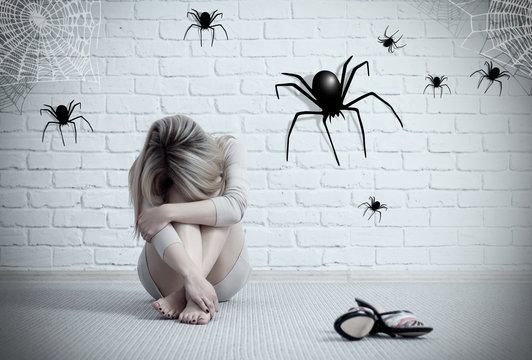What is Depression?
Depression is a mood disorder that is characterized by a variety of symptoms which may include some or all of the following:
- Persistent feelings of sadness
- Lack of interest in (or enjoyment from) previously enjoyed activities
- Concentration difficulties
- Sleep difficulties
- Fatigue
- Feelings of worthlessness or excessive guilt
- Significant and unintentional weight loss or significant weight gain or significant changes in appetite
- Being mode sedentary than usual or more restless
- Suicidal ideation
How depression manifests can, and does, vary from person to person. Not all individuals experience all the symptoms described above. Oftentimes, symptoms of depression may include a continuous feeling of sadness. Others may not report significant sadness but rather a consistent absence of joy and a loss of interest in hobbies that they once enjoyed.
How is Depression Treated?
If you feel as though you may be suffering from depression, it is important to remember that things are certainly not hopeless, given there are a number of ways it can be treated. One treatment is called Cognitive Behavioural Therapy (CBT). CBT is a highly effective, research-supported treatment for depression.
CBT for depression involves a number of key components. The first component involves psycho-education about the relationship between how we think, feel, and act. Typically, individuals are asked to monitor their thoughts, mood, and behaviour to understand how changes in one of these domains impacts the other domains.
“CBT is a highly effective, research-supported treatment for depression.”
Secondly, CBT for depression has a cognitive restructuring component, which consists of identifying and reframing negative thoughts about oneself, one’s situation, and one’s future. Depressed individuals often have repetitive distorted thinking patterns and these patterns can be identified and changed. We can unlearn our dysfunctional thinking patterns and develop more adaptive ones.
Thirdly, a behavioural activation component is highly effective in boosting mood, energy level, and motivation. This involves the scheduling and completion of valued activities, regardless of motivation, in order to generate energy and motivation and improve mood.
In addition to CBT, there are other evidence-based psychotherapies for depression. You may also wish to consult your physician about medication for depression, which can be a stand-alone treatment, or it can be combined with CBT or other psychological interventions.
How Can We Help?
At Oakville Centre for Cognitive Therapy (OCCT), we have a number of highly-skilled and experienced clinicians who can provide assistance to those who may be suffering from depression. Our psychologists complete an initial assessment of the presenting difficulties and develop an evidence-based treatment plan to help the client achieve their goals.
To arrange an appointment please call us at 905-338-1397 or email us via the Contact Us page of our website.



